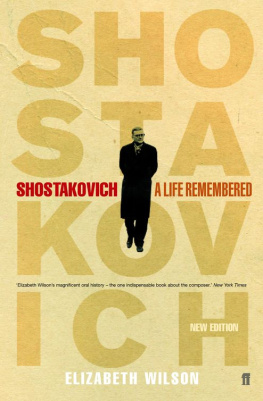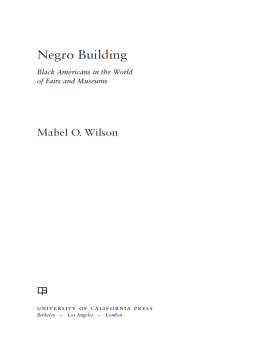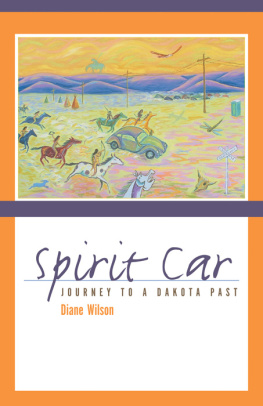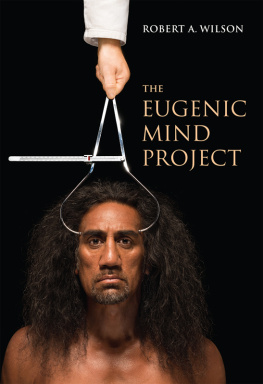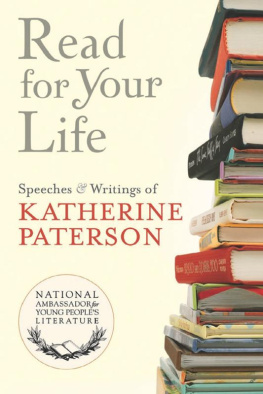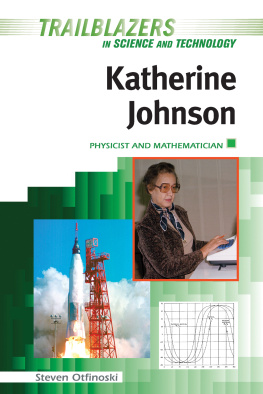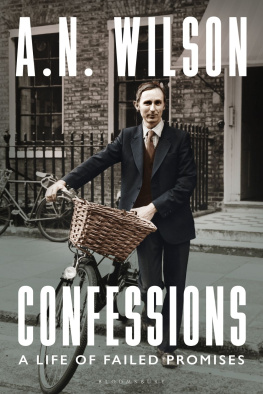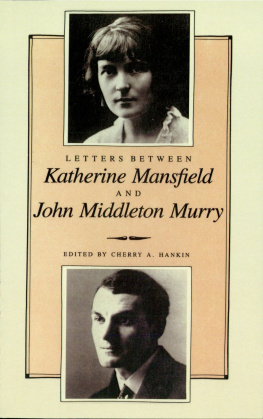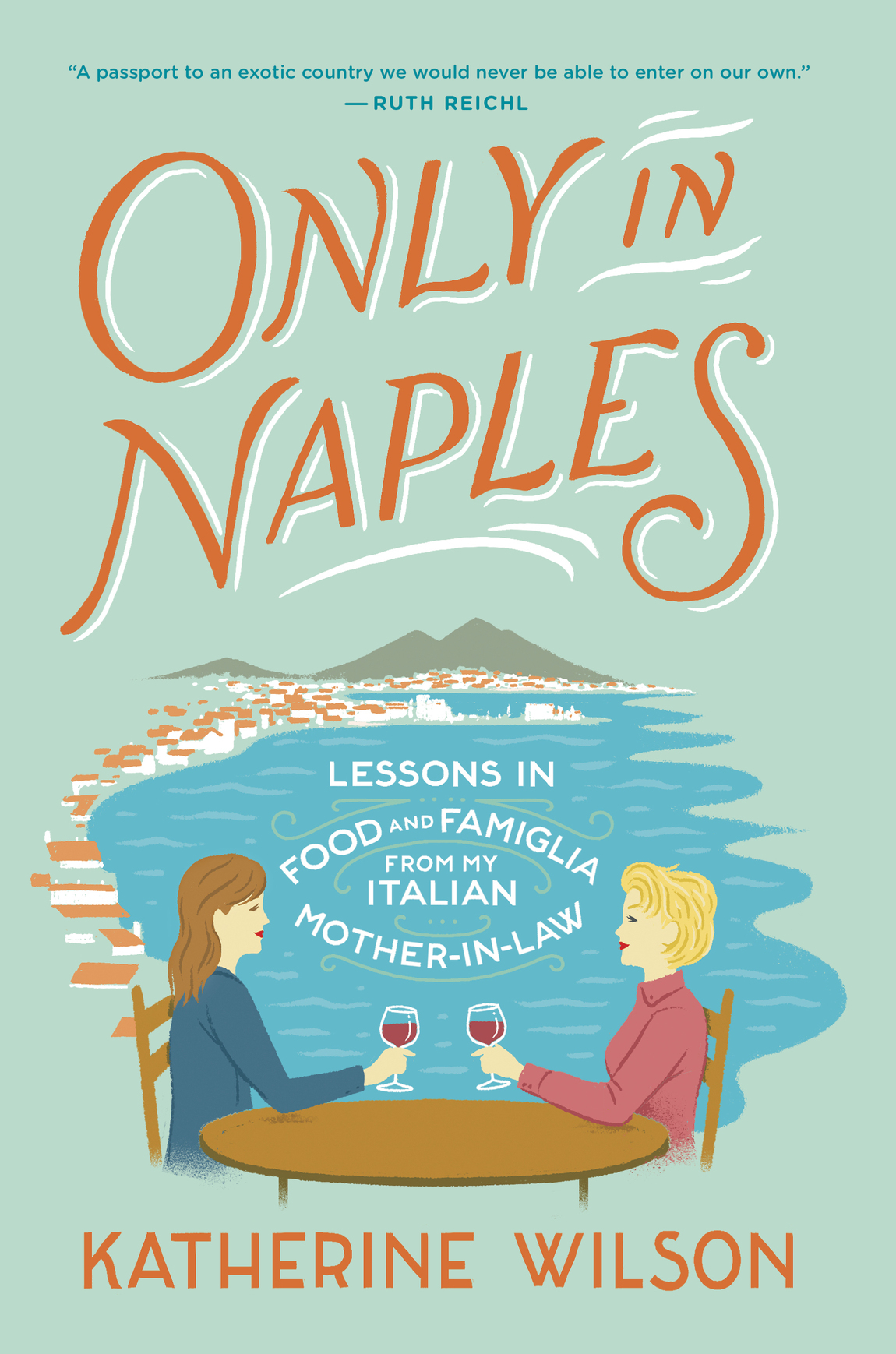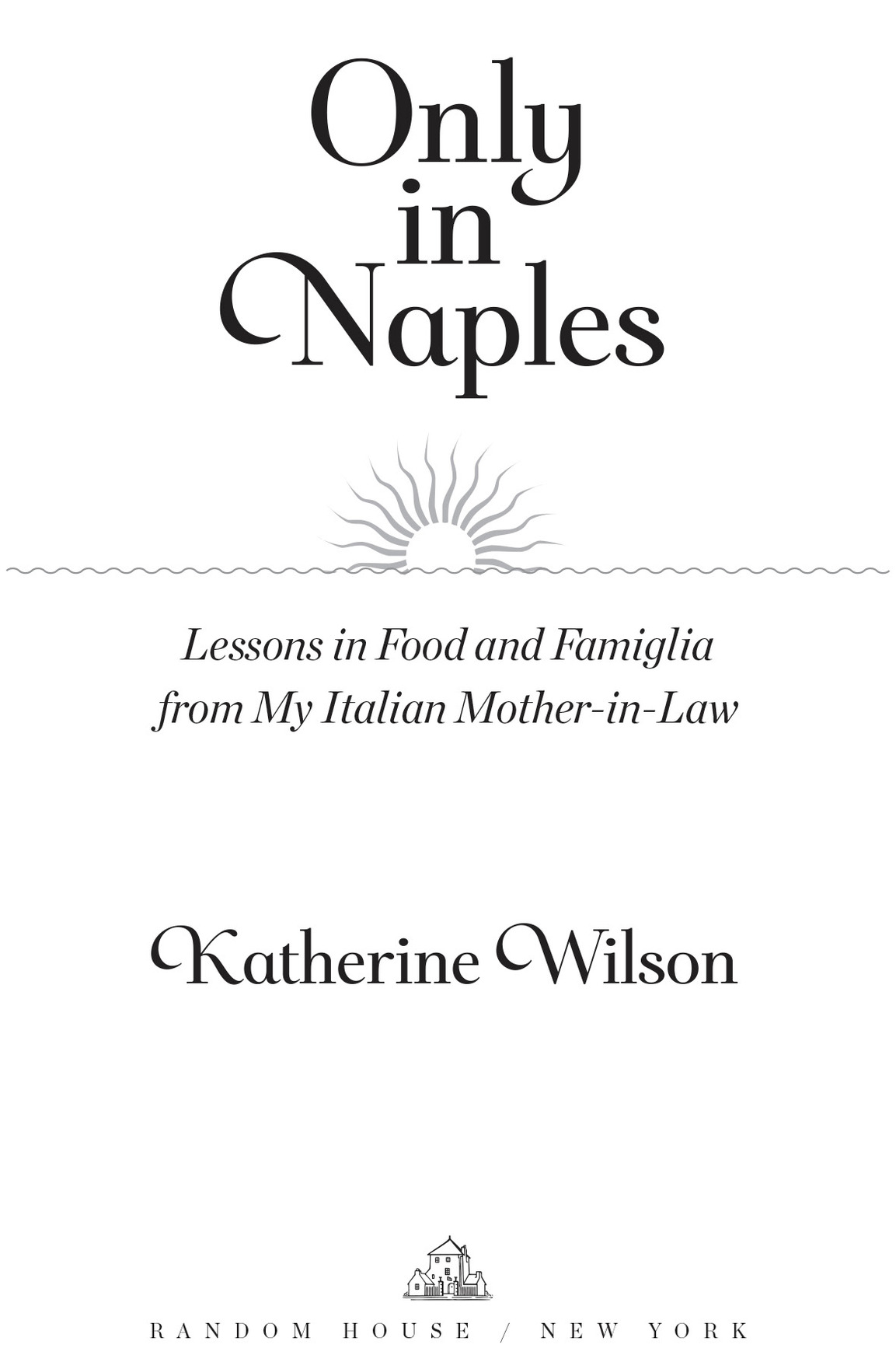All rights reserved.
Published in the United States by Random House, an imprint and division of Penguin Random House LLC, New York.
R ANDOM H OUSE and the H OUSE colophon are registered trademarks of Penguin Random House LLC.
Grateful acknowledgment is made to Hal Leonard Corporation and Alfred Music Publishing for permission to reprint an excerpt from Summertime from Porgy and Bess, music and lyrics by George Gershwin, DuBose and Dorothy Heyward, and Ira Gershwin, copyright 1935 (Renewed) by Nokawi Music, Frankie G. Songs, DuBose and Dorothy Heyward Memorial Fund Publishing, Ira Gershwin Music, and George Gershwin Music. All rights for Nokawi Music administered by Imagem Sounds. All rights for Frankie G. Songs and DuBose and Dorothy Heyward Memorial Fund Publishing administered by Songs Music Publishing. All rights for Ira Gershwin Music administered by WB Music Corp. All rights reserved. Used by permission of Hal Leonard Corporation and Alfred Music Publishing.
Wilson, Katherine.
Only in Naples: lessons in food and famiglia from my Italian mother-in-law / Katherine Wilson.
1. Wilson, Katherine, 1974 2. Wilson, Katherine, 1974Marriage. 3. Wilson, Katherine, 1974Family. 4. Naples (Italy)Biography. 5. AmericansItalyNaplesBiography. 6. Daughters-in-lawFamily relationshipsItalyNaples. 7. Mothers-in-lawItalyNaplesBiography. 8. FamiliesItalyNaples. 9. CookingItalyNaples. 10. Naples (Italy)Social life and customs. I. Title.
In Greek mythology, Sirens hang out on the rocky cliffs near Naples with their gorgeous curly hair, singing songs that entice sailors to the coast. They draw ships in with their voices, luring them to dangerto shipwreck, to death. No one hears their song and comes out alive.
Odysseus was desperate to hear it. The song was meant to be sweeter than anything in the world, and he wanted to be the only human being to experience it and live to tell the tale. So, with a mix of pride, curiosity, and smarts, he made a plan. He got earplugs for his crew and had them tie him to the mast. When his ship passed the Sirens, he screamed to his men to untie him, to change course and head toward land. They didnt, and he survived.
Afterward, Im sure Odysseus was glad that his crew didnt listen, that his earplugged employees kept him safe. But Im also sure that he wanted to go back. Not just to see and hear the Sirens, but to set foot on the magical land under the volcano that was called Neapolis, the New City.
And this was before pizza was even invented.
I did not arrive in Naples tied to a mast. I arrived on a packed Delta flight from Washington, D.C., in the fall of 1996. There were no Sirens, but I was sucked in and transformed all the same. My head was full of collegiate curiosity; my body was full of appetites that I didnt quite know what to do with.
Goethe said, See Naples and die. I saw Naples and started to live.
W hen Salvatore sputtered up in his tiny red Fiat for our first meeting, he was over twenty minutes late. The car looked like a tin can and sounded like it was on its last legs. It spat a steady stream of exhaust, and I started to cough. Salvatore responded with two short honks of his horn and a big smile.
It was the first time I was meeting this guy, and he was twenty minutes late. What was that?
I was fresh out of college, and had arrived in Naples a few days earlier to start a three-month internship at the U.S. Consulate there. I was standing outside the entrance of the boarding school where I rented a room, wearing a boxy blue jacket with black trousers.
My internship wasnt as much a career move as it was a rite of passagemembers of my family did an experience abroad during or after college. Big leather photo albums in my parents attic in Washington show my father Waspy and smiling in Bordeaux in 1961; my mother all sueded out in Bologna in 1966. They had learned foreign languages, and theyd had the time of their lives. Now that it was my turn, where was I going to go?
Naples was not a logical destination. When Id visited Italy on vacations as a kid, we avoided the city or passed through it as quickly as we could to get to Pompeii or Vesuvius. Naples was dirty and dangerous, we heard. My grandfather, whose parents were from Calabria, said that Neapolitans could steal your socks without taking your shoes off.
You really should go to Tuscany, family friends had told me. Have you seen Siena? Florence?
The serene splendor of Tuscany would have been appropriate for an upper-class girl like me. It felt like what I was supposed to do, and Id always been very good at doing what I was supposed to do. I spent my childhood overachieving at private schools, and in college I could have majored in Surpassing Expectations or Making Mommy and Daddy Proud. It was time for a change.
The American consul of Naples was a fellow alum of my parents graduate school of international relations. Id been seated next to him the previous spring at a fundraising dinner in Washington, and he asked me if Id considered Naples for my experience abroad. He could arrange an unpaid internship in the political office of the Consulate if I was interested.
Naples?
I thought, Stolen socks and wallets, the Mafia, and corruption. I also thought, Pizza. I was intrigued.
I bounced the idea off people who asked what I was going to do after graduation. I was thinking of going to Naples, I told them. That was when I got the Look. The Look was a wide-eyed, beware facial expression, accompanied by warnings of Its filthy! Its dangerous! and even The good guys and the bad guys all look alike! Theres no way to tell the difference!
Aha, I thought. Sounds fascinating.
I now know that Naples is like New York City: you either love it or you hate it. And if you love it, theres no use proselytizing. Those who hate it will not be converted. There is a chaotic, vibrant energy about Naples that forces you to let go and give in. If you fight it, judge it, or even hide from it, you might as well get out before you get your wallet snatched.




